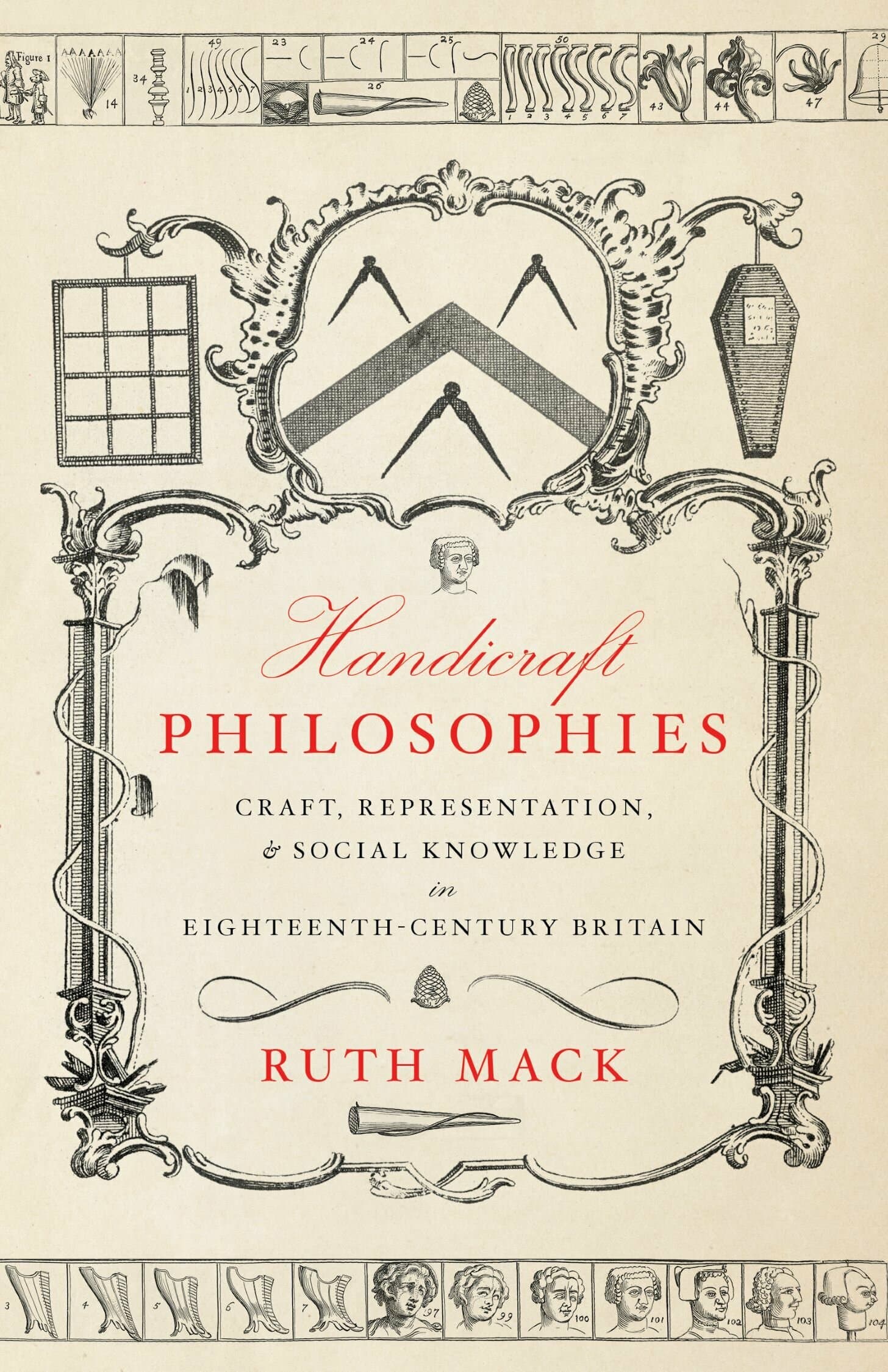Handicraft Philosophies
Also Available from

The term "Enlightenment" still carries its tie to a grand philosophical tradition that in Britain moves through Bacon, Locke, and Hume. But the literature and philosophy of the Enlightenment was full of practical knowledge associated with the body and with craft. This book is an account of the eighteenth-century thinkers from across social classes who turned to the body to formulate new ways of knowing natural and social worlds—what Ruth Mack calls handicraft philosophies.
The writers discussed in this book include a formerly enslaved man, Olaudah Equiano, and a washerwoman, Mary Collier, as well as gentlemen Joseph Banks and James Boswell, and the artist William Hogarth. In their efforts to communicate embodied ways of knowing, they bring together theory and practice; they set aside objectivity and relish the practical ways of knowing that are traditionally associated with lower classes and less-than-privileged bodies. Mack focuses on how such knowledge proved especially helpful for understanding "society" as a new object of enquiry in the Enlightenment, laying the groundwork for the emergence of anthropological and sociological thought.
Complicating the intellectual history of Enlightenment Britain amidst the rise of popular science and imperial expansion, Handicraft Philosophies is a new account of the thinkers who configured "philosophy" as a practice open to all.
—Lynn Festa, Rutgers University
"In this book, Ruth Mack provides a radical and thrilling new answer to an old question—what is Enlightenment? As it retells, often to moving effect, the story of the development of the human sciences, Handicraft Philosophies puts knowing by doing, embodied craft, front and center. This deeply humane book honors labor, that of the writing body included, in ways that transform our understanding of eighteenth-century British literature."
—Deidre Lynch, Harvard University
"Across eighteenth-century forms and materials, Mack marshals a foundational restaging of craft and body: of body as maker and as made, of craft as accreted practice and as social theory, of maker's knowledge as embodied reason able to grasp and enact power differently."
—Helen Thompson, Northwestern University




